Ethiopia
A certain calm reigned Thursday in the Ethiopian region of Amhara, according to residents interviewed by AFP, the day after the announcement of the " liberation" of several large cities after several days of fighting between the federal army and local militias.
On Wednesday evening, the Ethiopian government announced that six towns had been "freed from the threat of bandits": the regional capital Bahir Dar, Gondar, Lalibela, Shewa Robit, Debre Berhan and Debre Markos. Curfews have been imposed in these six cities.
The region was placed under a state of emergency last Friday after renewed fighting between the federal army and local fighters, including the nationalist Amhara Fano militia, threatened to set northern Ethiopia ablaze again, just nine months after the end of a devastating conflict in the neighbouring region of Tigray.
No official report of these clashes has been communicated, but two doctors from Bahir Dar and Gondar told AFP that they had seen many civilians dead or injured in their establishments.
"The ENDF (the Ethiopian army, editor's note) has regained ground in many places and controls the big cities," a humanitarian worker based in Dessie, in eastern Amhara, told AFP on Thursday. "But many districts are still in the hands of Fano fighters in the South Wollo region (where Dessie is, editor's note). Fano also controls a large part of the countryside in these areas," he said.
As access to the region is restricted, it is impossible to independently verify the situation on the ground. According to residents interviewed by AFP, the army has taken over the streets of the main cities since Wednesday, after the Fano militias withdrew.
In Bahir Dar, the situation was "extremely calm" on Thursday, said a resident, who gave only his first name, Tesfahun, for security reasons. "The ENDF is surveying the city. (...) There are door-to-door checks by the soldiers in search of possible suspects", he added.
On Wednesday evening, several churches hosted burial ceremonies for civilians, he said. In Gondar, the region's second city, life has not yet resumed despite the departure of Fano fighters, who have retreated "to the forests on the outskirts of the city", according to a tuktuk driver, Simachew.
Transport has not restarted, electricity services are not working,” detailed a 62-year-old resident, on condition of anonymity. "We are waiting to see what will happen, sitting inside our homes".
In Lalibela, a tourist site renowned for its rock-hewn churches listed as UNESCO World Heritage Sites, the city is also idling.
"People went out this morning to go to church but since then they have mostly stayed at home," said a trader in his thirties, although "banks, government institutions and restaurants have largely reopened. ".
The national company Ethiopian Airlines announced that it had resumed flights Thursday morning, briefly suspended, to two of the four airports in the region, Bahir Dar and Gondar.
Tensions in Amhara have been growing since April, after Prime Minister Abiy Ahmed announced that he wanted to dismantle the "special forces", paramilitary units created by many regional states over the past fifteen years.



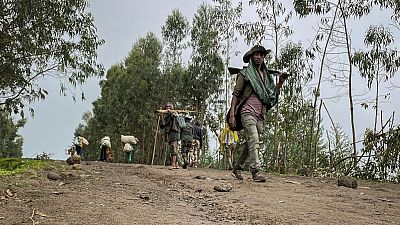

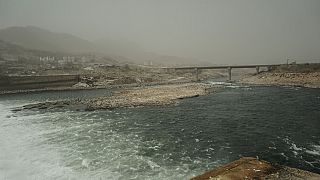

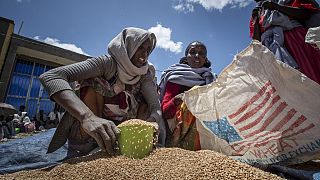
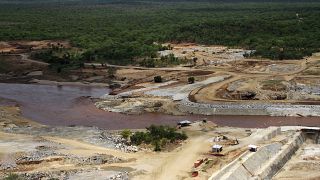

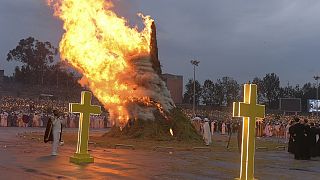



Go to video
Mali secures $160m settlement from Resolute Mining in tax dispute
01:32
US: Washington barricaded as election anxiety mounts
01:59
Former militia members seek peace and reintegration in DRC
01:38
Malaysia, Ethiopia agree to strengthen bilateral ties
00:59
Mali's Junta Chief elevates himself to top Army rank
01:13
UNICEF: Sudanese children bear the brunt of vicious war